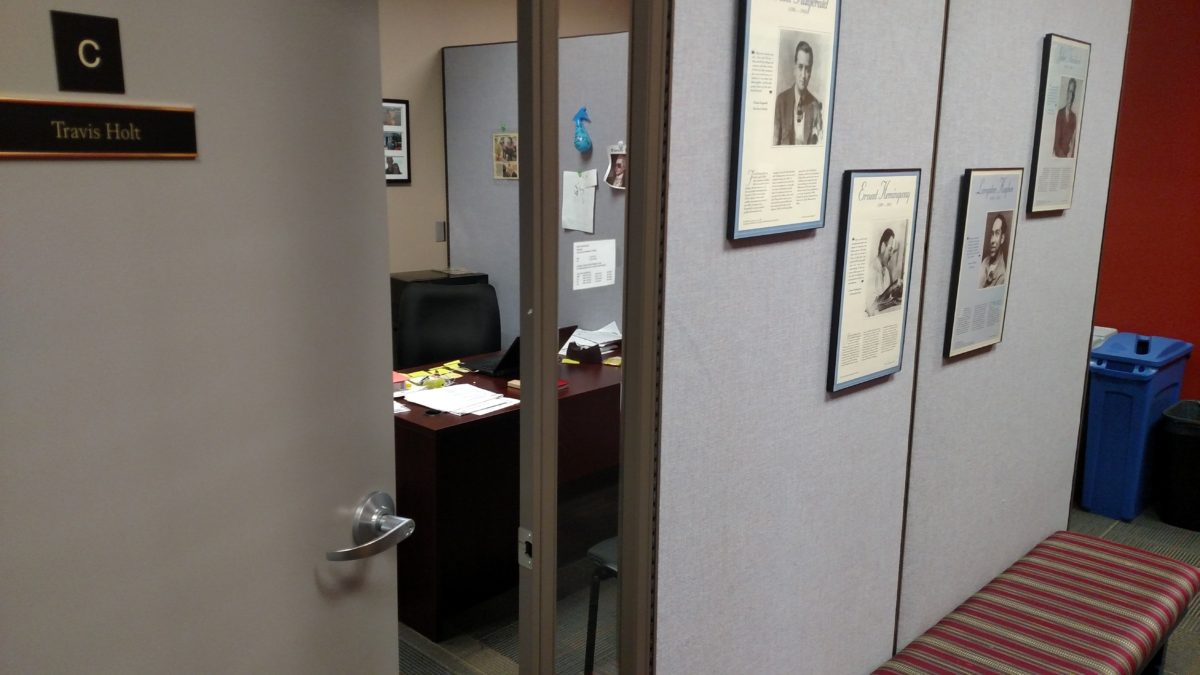The struggle to establish and define Basic Writing has been evident for some time, and as DeGenaro and White (2000) noted in their article that Basic Writing—like the larger field of English Studies—needed more methodological common ground to create a more established place in the academy. The field does not lack in discussion nor “professional dialectic,” but where it does fall short is a methodological consensus with clearly defined evidence that supports the ideological discussions and claims scholars are making (DeGenaro and White, 2000). In this article, the authors focused on one of the more critical issues of the discipline: is the Basic Writing class hurting the student population by “perpetuat[ing] a hierarchy of dialects and linguistic differences” in the university? (DeGenaro and White, 2000, p. 24). This does not refer to the curriculum specifically; rather, it is the influence remedial education has on the university setting itself. The example they provided was an exchange between Sharon Crowley and Howard Tinberg, and despite holding opposing views on “mainstreaming,” they both lack the evidence needed to “appeal to audiences—[university administration and political figures]—outside our discourse community” (DeGenaro and White, 2000, p. 27), but more importantly, they lack the methodological commonplace to make progress. DeGenaro and White (2000) examined how this discussion had three different methodological backings, but none were the same (philosophical, experimental, historical) and could not align with one another to make progress in the conversation. Without a clear unified methodological approach to proving the necessity of Basic Writing, the field, as their title suggested, is “going in circles.”
While “mainstreaming” itself is a current topic for Basic Writing, this article addressed the larger issue, one that is connected to the field of Composition and Rhetoric as a whole, and that is establishing consistent and thorough methodological practices to legitimize the field. English Studies has seemingly existed apart from the STEM courses largely due to the scientific, research model most universities follow, so not only finding ways to produce quantitative research, but to replicate it, is where the field needs to be. It needs Big Data. Additionally, Basic Writing is not only facing the pressures of trying to establish itself as a subdiscipline through methodological consistency (DeGenaro and White, 2000), it is also trying to fight for survival amidst current discussions to move it to two-year institutions only.

Though Donahue’s (2012) work was more focused on clarifying what transfer is and entails, her discussion pairs well with DeGenaro and White (2000) because the theory of transfer could potentially lead to more quantitative data in the future. Some questions that could be addressed are how are basic writers identified?; is it because they lack certain composition skills, or do they have those skills already and cannot “transfer” them into an academic context?; do basic writers lack a metacognitive awareness of agency in multiple contexts, or is it just one?; do basic writers struggle with a particular form of transfer? These and other questions could potentially foster some of the consistency in research DeGenaro and White (2000) called for.
References
DeGenaro, W., & White, E. (2000). Going Around in Circles: Methodological Issues in Basic Writing Research. Journal of Basic Writing, 19(1), 22-35. Retrieved from http://www.jstor.org/stable/43739261
Donahue, C. (2012). Transfer, Portability, Generalization: (How) Does Composition Expertise “Carry”?. In K. Ritter & P. Kei Matsuda (Eds.), Exploring Composition Studies (pp. 145-166). Boulder, CO: UP of Colorado.
